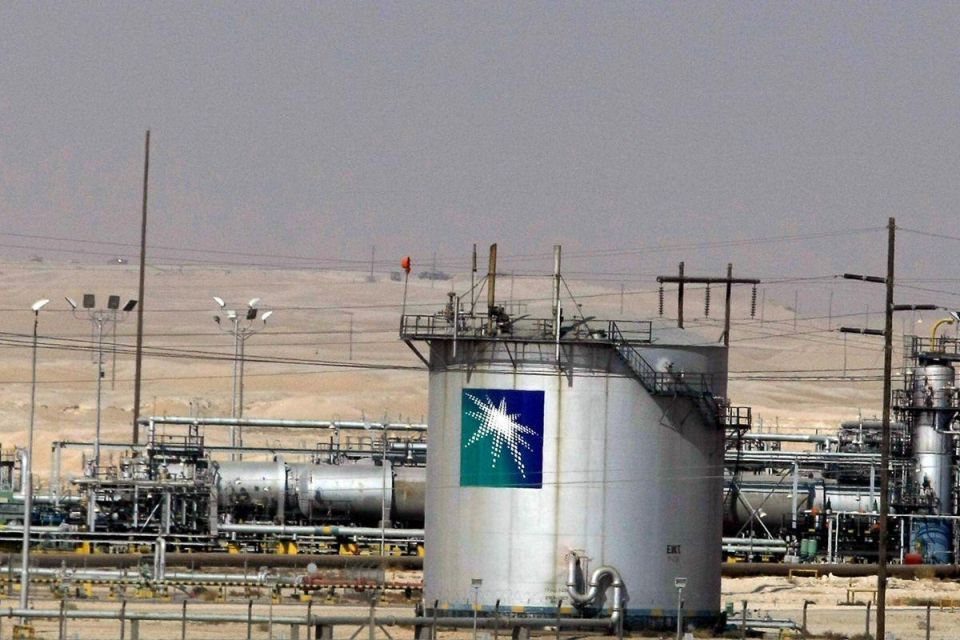Saudi Aramco Begins Trading U.S. Crude to Influence Brent Oil Benchmark
(Reuters) — Saudi state oil company Aramco has started trading a U.S. crude oil grade that underpins the global Brent benchmark in a process run by oil-index publisher S&P Global Commodity Insights, the publisher said.
Aramco on Monday sold a cargo of WTI Midland crude to Total in the Platts Market on Close process, known as the Platts window, after last Thursday selling another cargo of the U.S. crude.
These were Aramco's first WTI trades in the window, Joel Hanley, S&P global director of crude and fuel oil markets, said via email on Monday. Aramco declined to comment.
Aramco, the world's largest oil firm, has been expanding its trading activity. In December, it bought a cargo of North Sea crude DUC, its first deal since joining the process, Hanley said.
More players have become involved in trading crude that can set the Brent price in the Platts window since Platts added WTI to the benchmark last year. One expert said Aramco's involvement is an endorsement of the changes.
"It is a seal of approval of the new benchmark - Aramco Trading would probably not venture into something seen as overall too risky," said Adi Imsirovic, director at consultant Surrey Clean Energy and a veteran oil trader who has written extensively on Brent.
"It also indicates that Aramco and (the Saudi government) are serious about the transition, and see trading as a very low-carbon way to move on."
Saudi Arabia's energy minister said on Monday the country's U-turn on its oil capacity expansion plans was because of the energy transition.
U.S. WTI Midland is one of six crude oil grades assessed by Platts that can set the value of dated Brent, part of the wider Brent complex used to price more than three-quarters of the world's traded oil.
The price of dated Brent is set by the cheapest of the six crudes and Midland, by far the largest of the six crude streams, often plays a role in setting its value. The other five are North Sea crudes.
The extra supply underpinning the benchmark has reduced volatility in the Brent crude spreads between monthly futures contracts, which previously have been distorted as traders sought profits, especially when a monthly contract expired.
Related News
Related News

- Kinder Morgan Proposes 290-Mile Gas Pipeline Expansion Spanning Three States
- 1,000-Mile Pipeline Exit Plan by Hope Gas Alarms West Virginia Producers
- Valero Plans to Shut California Refinery, Takes $1.1 Billion Hit
- Three Killed, Two Injured in Accident at LNG Construction Site in Texas
- Boardwalk’s Texas Gas Launches Open Season for 2 Bcf/d Marcellus-to-Louisiana Pipeline Expansion
- New Alternatives for Noise Reduction in Gas Pipelines
- Construction Begins on Ghana's $12 Billion Petroleum Hub, But Not Without Doubts
- DOE Considers Cutting Over $1.2 Billion in Carbon Capture Project Funding
- Valero Plans to Shut California Refinery, Takes $1.1 Billion Hit
- Newsom Seeks to Aid Struggling Refiners Following Valero’s California Exit





Comments